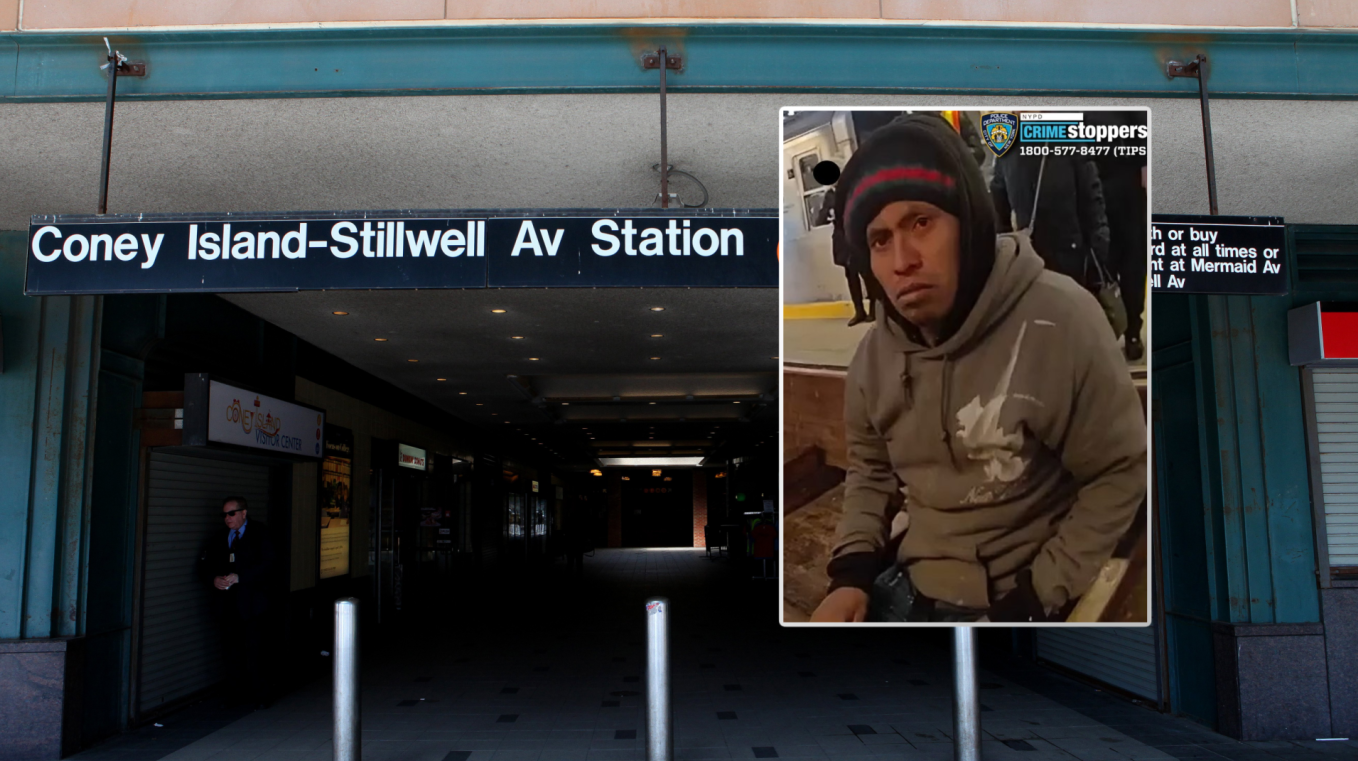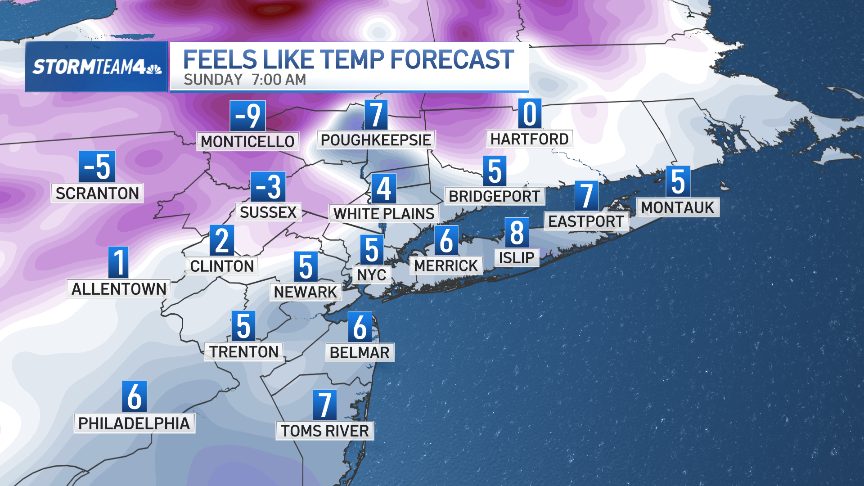
A 35-year old New York City man is facing a tax fraud and other charges after he was arrested for operating an illegal Bitcoin ATM business that he marketed towards individuals engaged in criminal activity, according to the district attorney's office.
Alvin L. Bragg, district attorney for New York City, announced the indictment presented against Robert Taylor on Wednesday.
Taylor, according to prosecutors, operated Bitcoin kiosks in at least 46 locations in New York City, mostly in laundromats, as well as locations in New Jersey and Miami.
Allegedly, between 2017 and 2018, he converted more than $5.6 million of his customers’ cash into Bitcoin while charging a fee of between 10% and 20% for the promise of anonymity. Court documents say that unlike licensed Bitcoin ATMs and cryptocurrency exchanges, Taylor's kiosks did not require customers to provide any identification or other “know your customer” information before making deposits.
Get Tri-state area news delivered to your inbox.> Sign up for NBC New York's News Headlines newsletter.
According to court documents, Taylor advertised on his social media account the aspect of anonymity of his machines, at one point telling a customer “we never ask for ID or have a camera that takes a pic of your face.”
Furthermore, it is alleged that customers were discouraged from using other bitcoin companies unless “you like having your ID and pic taken.” According to court documents, when one customer complained about his high fees, Taylor replied on social media, “Bro we gotta maintain everyone’s privacy. It’s worth the money.”
Surveillance records gathered during the investigation allegedly revealed that Taylor's business attracted individuals involved in criminal activity, including drug sales and credit card theft.
News
Search warrants executed at Taylor's Manhattan penthouse and more than 20 locations that housed his kiosks allegedly resulted in the recovery of $250,000 in cash from his apartment, as well as $44,000 in cash from the kiosks.
Court documents said that forensic analysis of the kiosks showed that $5.6 million in cash was deposited into them between September 2017 and November 2018, generating more than $590,000 in fees, from which about $160,000 were deposited into Taylor's personal bank accounts. However, Taylor only claimed income of about $3,000 on his 2017 tax returns, and a loss of $140,000 on his 2018 tax returns.
Additionally, according to court documents cited by prosecutors, Taylor and his businesses did not have a money transmission license from the New York State Department of Financial Services or the U.S. Department of the Treasury, Financial Crimes Enforcement Network, or a virtual currency business license from DFS. According to DFS regulations, anyone operating a Bitcoin kiosk business must have a license.
Taylor is charged with multiple counts of operating an unlicensed money transmission business, criminal tax fraud in the third degree, and offering a false instrument for filing in the first degree.
Attorney information for Taylor was not immediately known.



